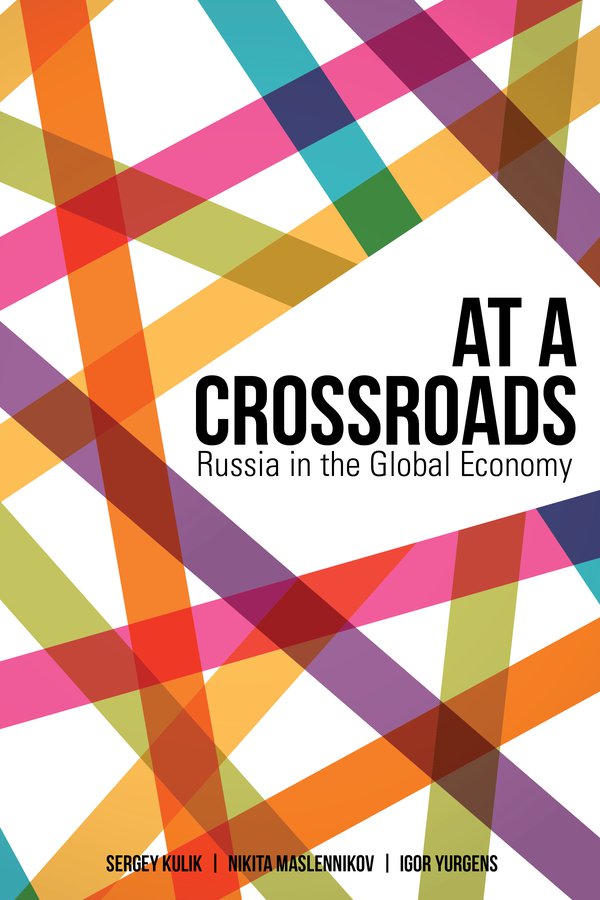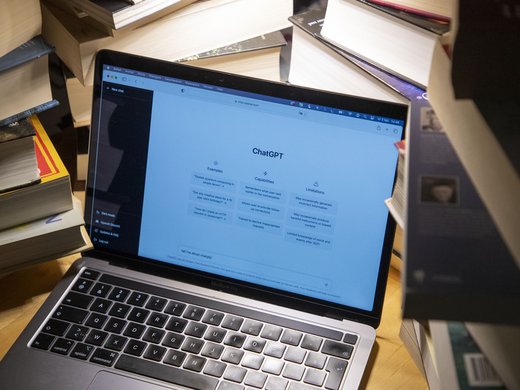Globalization proceeds apace, taking on new forms that affect global economic, financial and social processes. Interdependence is not simply strengthening the range of possibilities for national economies to participate in these developments, but expanding the opportunities that are available to them. The question is: how do states take advantage of these global developments?
At a Crossroads: Russia in the Global Economy situates Russia at a historic crossroads where its choice will determine the future of its economic development for years to come. Amid globalization’s expansion, an increased focus on President Vladimir Putin’s global interactions (including with the United States), and technological advances is it possible for Russia to reach its potential and strengthen its position in the world economy?
In 2018, President Putin set out concrete objectives for the Russian economy. Although Russia actively participates in the globalization process, it is confronting greater economic, technological, structural and institutional problems than other countries. These problems exist alongside the risk that the gap between Russia and other economies in terms of economic performance and technological development and growth will continue to widen.
The emergence of the digital economy presents another major challenge to Russia. To compete in the digital era, Russia must steer a new course for the technological age, one that includes more flexibility and engagement in international economic relations.
The old model of Russian development has been exhausted and a new one must be chosen. Russia’s choice at this juncture will determine the future of its economic development for many years to come.



